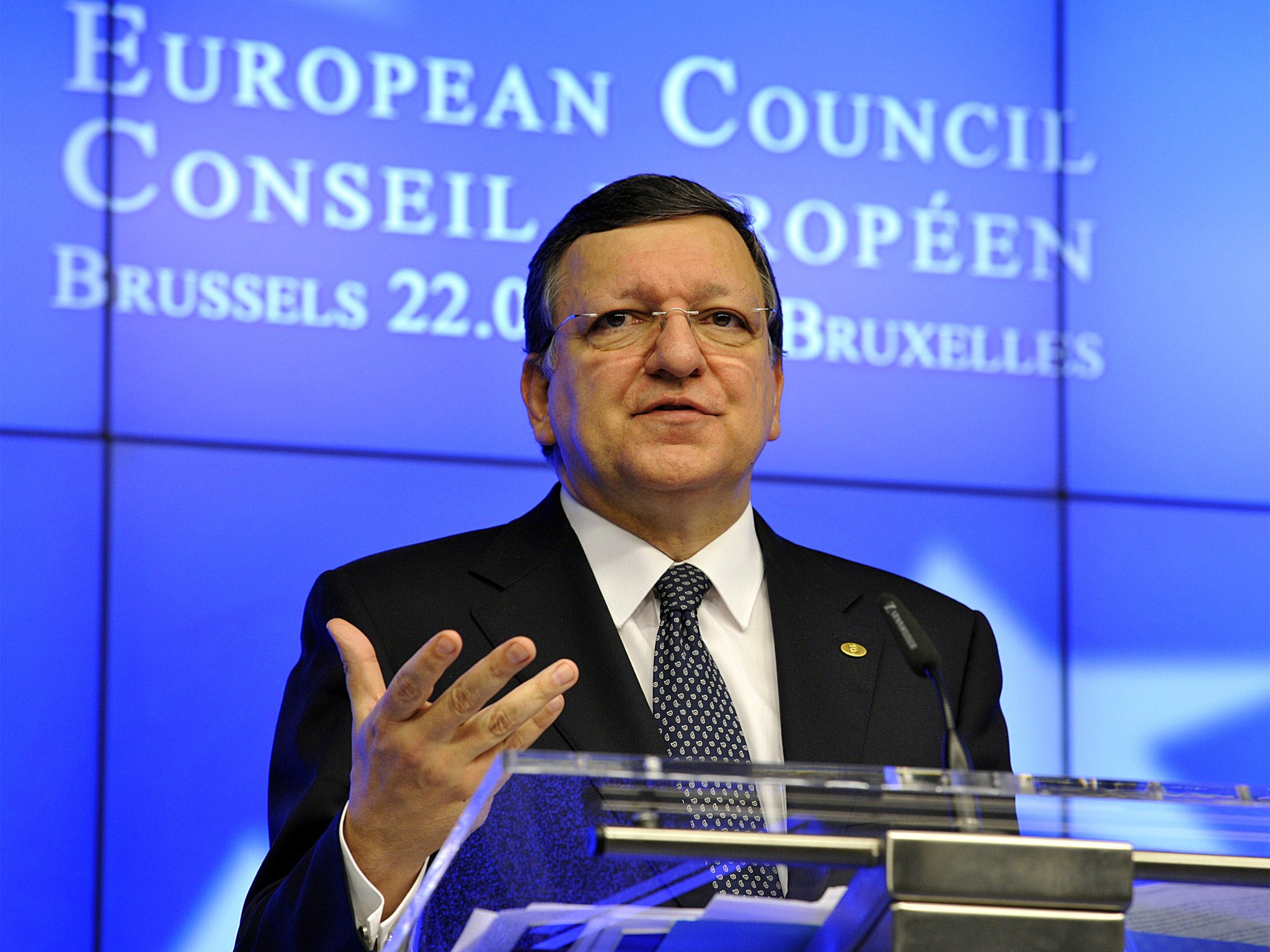'A bad day for tax cheats': EU to crack down on those seeking to escape heavy bills
Officials have said that the bloc loses €1 trillion a year through tax dodging

European leaders are under pressure to do more to crack down on individuals and corporations seeking to escape heavy tax bills, with Austria and Luxembourg giving the strongest signals yet that they would finally drop opposition to sharing bank account data.
All 27 heads of state meeting in Brussels agreed in principle to start automatically sharing bank account information by the end of the year, but EU officials cautioned that similar promises in the past had failed to translate into action.
Pressure is mounting on politicians on both sides of the Atlantic to make sure that both individuals and multinational corporations like Google, Apple and Starbucks pay a fair amount of tax, especially as many voters face increasing economic hardship and higher taxes.
EU officials have said that the bloc loses €1 trillion a year through tax dodging, and were pushing the leaders to commit to the legislation know as the Savings Directive. It has been languishing unsigned for decades because of opposition from Austria and Luxembourg, which have a history of banking secrecy and fear losses for their financial sectors.
“Unblocking the situation in Europe in terms of tax sharing has just been delivered,” David Cameron said after the summit. EU officials, however, said the language in the final conclusions did not go as far as they wanted, with no specific date set for signing up to the legislation.
“Quite frankly, I would prefer this to be more precise in these conclusions,” said José Manuel Barroso, head of the European Commission, adding that: “we have seen in the past many statements not always followed by actions”.
The Austrian Chancellor, Werner Faymann, called it “a bad day for tax cheats”. Luxembourg's Prime Minister, Jean-Claude Juncker, was more hesitant, telling reporters that they were willing to go ahead “as long as the European Union goes ahead with its negotiations with Switzerland and other countries.”
The Savings Directives makes it compulsory for EU member states to automatically share details about other EU citizens' bank accounts. Proponents argue this allows government to detect irregular payments and other signs of tax evasion.
It does not, however, deal with corporations, an issue causing growing anger in Britain. Google has been criticised in the UK for technically outsourcing its advertising sales to Ireland, with MPs accusing the company of “doing evil” by trying to minimise its outlays.
The French President, Francois Hollande, said more coordination was needed at the European level to harmonise rules and make sure corporations do not escape scrutiny.
“We cannot accept that a certain number of companies can put themselves in situations where they escape paying taxes in ways that are legal,” he said.
Ireland's Prime Minister, Enda Kenny, was also forced to defend his country's tax policies, after testimony by a Washington lawmaker in the US Senate on Tuesday singled out the nation as the place where Apple was exploiting tax loopholes. Mr Kenny insisted that the nation's tax rules were “very clear and very transparent” and the government does “not do special deals with any individual countries.”
Subscribe to Independent Premium to bookmark this article
Want to bookmark your favourite articles and stories to read or reference later? Start your Independent Premium subscription today.

Join our commenting forum
Join thought-provoking conversations, follow other Independent readers and see their replies